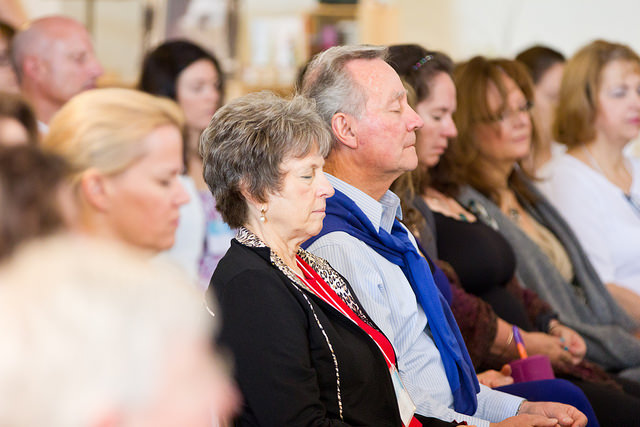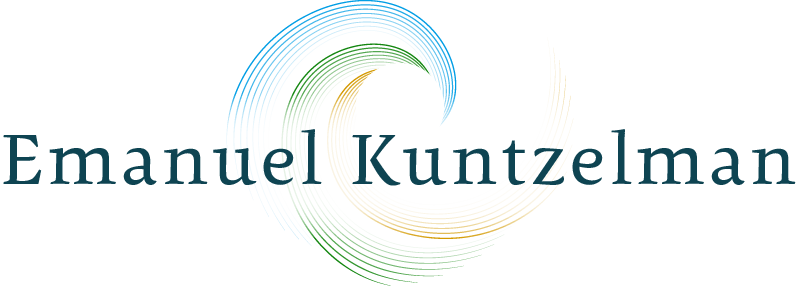
Finding Freedom in the Objective Self
“There is nothing more important to true growth than realizing that you are not the voice of the mind—you are the one who hears it.”
Michael Singer, author of a book I recently read called The Untethered Soul, reiterates in many eloquent ways that “there are two distinct aspects of your inner being. The first is you, the awareness, the witness, the center of your willful intentions; and the other is that which you watch. The problem is, the part that you watch never shuts up. If you could get rid of that part, even for a moment, the peace and serenity would be the nicest vacation you’ve ever had.”
But who, then, is the witness that sees that the inner mind isn’t the truth? The witness is the true essence of the soul. To transform, we must free ourselves from the mind games we play with ourselves and understand that our true self is not the personality of the mind with which we are constantly conversing. This doesn’t mean we deny or suppress our emotional inner dialogue, but we can let go of the small psyche, take up the silent space behind it and begin to relax and release.
While much of Singer’s information throughout the book was not new, his different approach to rediscovering consciousness was very helpful. Singer also reminds us that when we contemplate the nature of Self, we are meditating. And the subject of meditation was a key insight in another book I read this summer: Enjoy Every Sandwich, by the late Lee Lipsenthal.
Dr. Lipsenthal, a friend of the Institute of Noetic Sciences and a participant in Marilyn Schlitz’s documentary “Death Makes Life Possible,” wrote this book while dying of cancer. In his courageous and insightful approach to the end of his life, Lipsenthal found solace in meditation, where he got to know the objective witness that Singer describes, which interprets the Source and forms the reality we choose to live. He explained his experience as follows:
“In Buddhist philosophy, meditation is described as a way to help us decrease suffering. Suffering is described as a lack of contentment or peace. It arises when our expectations are not met by our real-world experience…. Suffering is optional. Meditation helps us gain a better sense of reality beyond the stories we tell ourselves about what life is supposed to be like. In essence, it offers us an enhanced awareness. It allows us to become the observer of our own stories as opposed to being controlled by them. It frees us from the small box of life that we have created and allows us to accept reality for what it is.”
Meditation is an important part of the transformative practice in that it helps develop the new sense of the real, objective Self. In meditation we plug into the omniscient Source and get recharged in objectively observing and accepting reality for what it is, the amazing essence of life. I am very grateful to both Michael Singer and Lee Lipsenthal for reminding me of that in my summer reading. I strongly recommend both books for all of you seeking to know the authentic inner spirit of who you really are.
